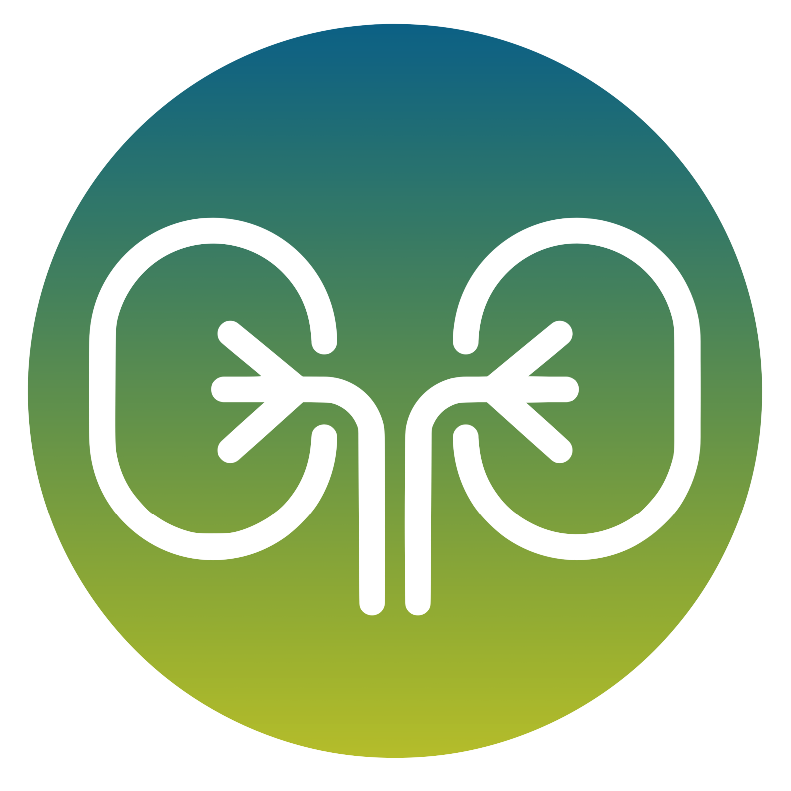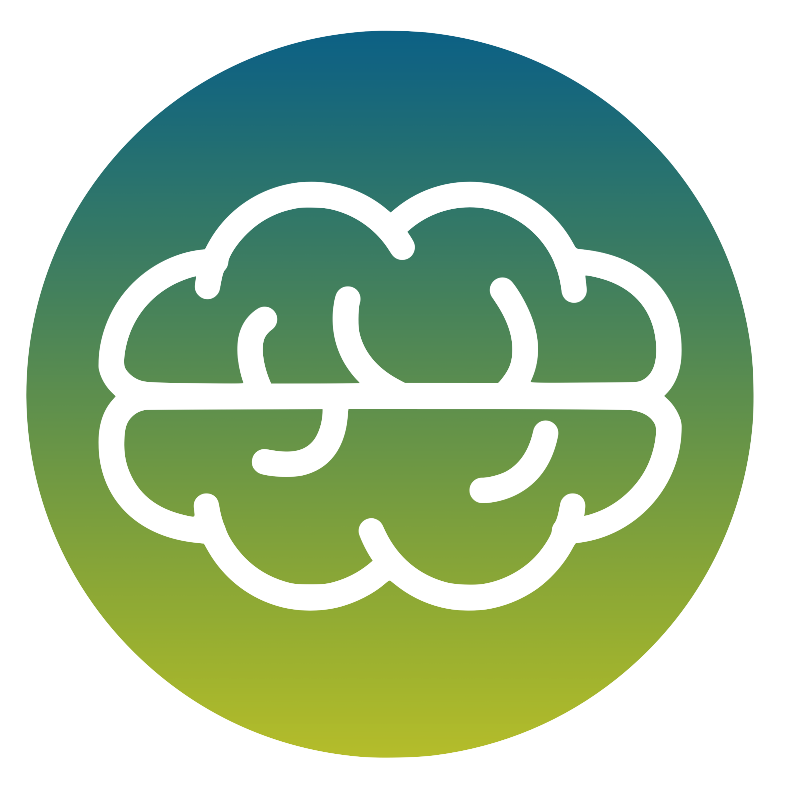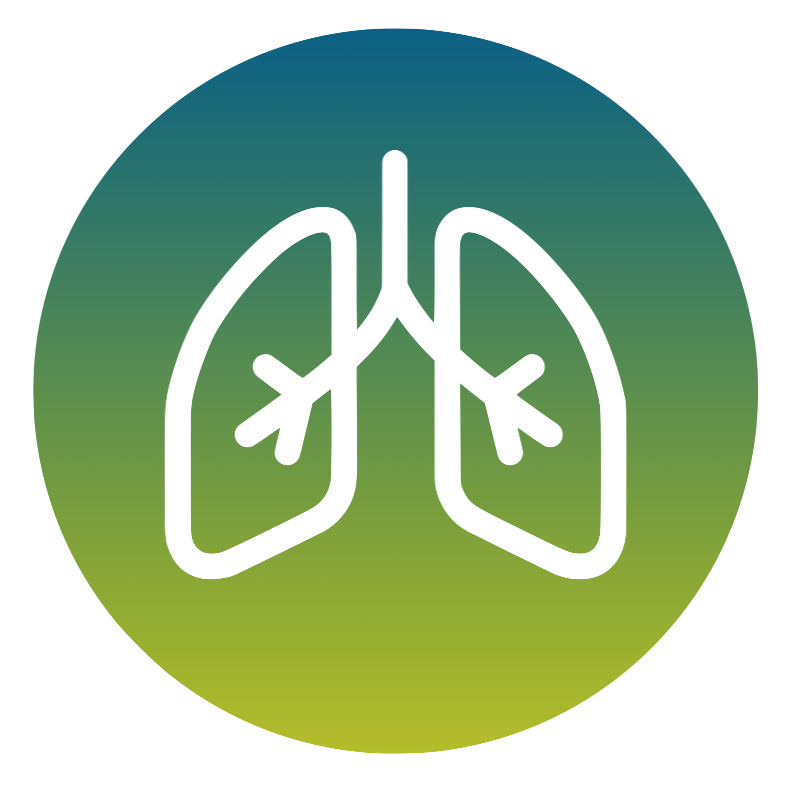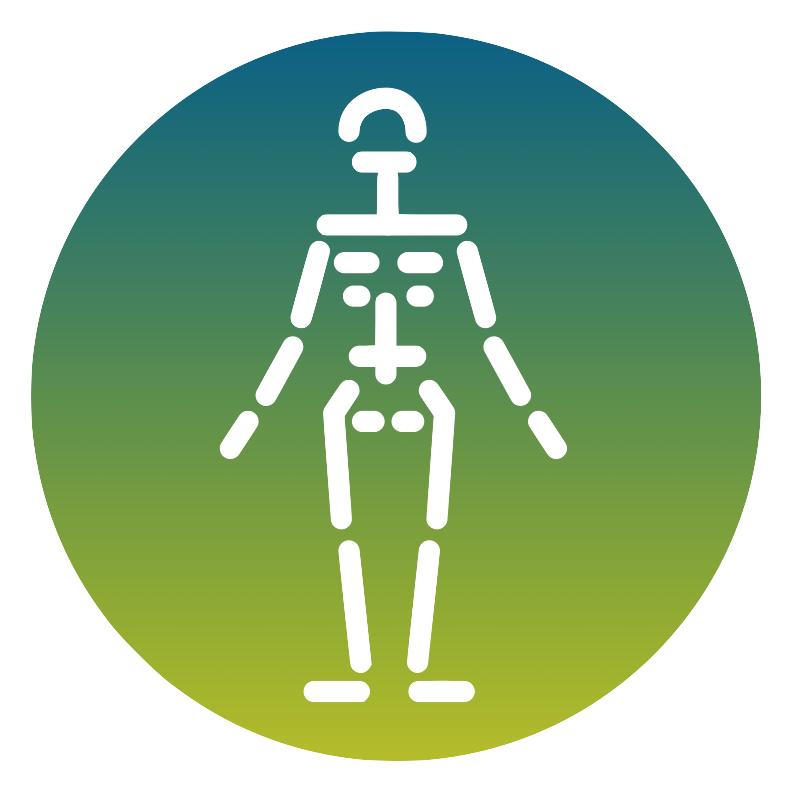Hypoglycaemia Code R-130
- Description
- Number Genes
- Prevalence
- Indications and clinical utility
- Test performed and limitations
- Other Specialities
Hypoglycaemia is a medical condition characterised by a blood glucose level below normal. Glucose is an essential energy source for the body, and excessively low levels can cause a range of symptoms and health problems, such as excessive sweating, trembling, feeling weak, intense hunger, mental confusion or difficulty concentrating, heart palpitations, dizziness or light-headedness. In severe cases, it can lead to loss of consciousness or convulsions.
76 genes
Diabetic patients: 30-40%
Multi-gene panel aimed at the molecular diagnosis of hypoglycaemia.
Method: NGS sequencing, determination of SNVs (Single Nucleotide Variants), small insertions and deletions and CNVs (Copy Number Variants).
Limits: The test is unable to determine the presence of underrepresented somatic events, balanced chromosomal rearrangements, nucleotide expansion events of repeat regions, CNVs <3 contiguous exons. <3 esoni contigui.
Some genes may have low coverage areas, where necessary or upon specific request, within the limits of methodological limitations, sequencing can be completed with alternative methods (Sanger).
Some genes may be duplicated in the genome (pseudogenes), which may invalidate the analysis.
..














